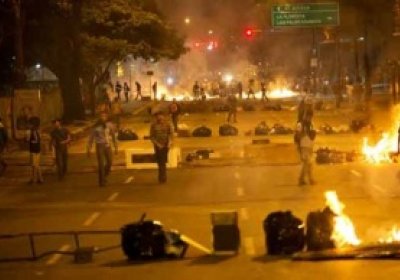Incumbent presidential candidate Nicolas Maduro prioritised visits to dissatisfied campesino communities over April 28-29 as part of a campaign strategy aimed at shoring up support in rural communities that have traditionally voted overwhelmingly for both ex-president Hugo Chavez and Maduro.
The countryside represents a critical constituency for the government in the upcoming May 20 election.



